Strength training isn’t just for bodybuilders or elite athletes. It’s a transformative practice that belongs to every woman—whether she’s 25 or 55, a beginner or a seasoned gym-goer. If you're looking to build strength, tone your body, and feel empowered, a structured strength training program can be your greatest ally. Here’s how to get started—and more importantly, how to stay consistent and see real results.
Why Strength Training Matters for Women
Many women start their fitness journey with cardio-heavy routines, often under the impression that lifting weights will make them bulky. In reality, strength training enhances lean muscle, improves metabolism, strengthens bones, and boosts confidence.
More than just physical transformation, weight lifting has mental health benefits too—reducing anxiety, sharpening focus, and fostering a stronger mind-body connection. With a properly designed strength training program for females, you’ll see changes not just in your body, but in how you carry yourself through life.
The Basics of a Women’s Weight Lifting Workout Plan
A successful program is built on a few fundamental principles:
-
Progressive Overload: Gradually increase the resistance or intensity to build strength over time.
-
Compound Movements First: Prioritize big lifts like squats, deadlifts, and presses before isolation exercises.
-
Rest and Recovery: Muscles grow during rest, not during workouts. Prioritize sleep and schedule rest days.
-
Consistency Over Perfection: Missing a session isn’t the end. Keep showing up.
Here’s a simple weight training schedule for women you can follow as a foundation:
3-Day Weekly Split Example:
Day 1 – Lower Body:
-
Barbell squats
-
Romanian deadlifts
-
Step-ups
-
Glute bridges
Day 2 – Upper Body Push:
-
Bench press or dumbbell press
-
Overhead shoulder press
-
Tricep dips
-
Lateral raises
Day 3 – Upper Body Pull + Core:
-
Deadlifts or trap bar deadlifts
-
Bent-over rows
-
Assisted pull-ups or lat pulldown
-
Plank holds and hanging leg raises
Keep reps in the 8–12 range if your goal is muscle tone and endurance, and 5–8 reps if you're focusing on strength.
From “Gym Intimidation” to Progress: A Personal Journey
When I first stepped into a weight room, I was 41 and hesitant. The machines looked foreign, the dumbbells intimidating. But I started with a simple, repeatable routine—and after just a few weeks, I noticed changes in how I stood, walked, and thought about myself.
At first, the progress felt slow. But I tracked every session. By week four, I was lifting 30% more than when I started. After a few months, my back pain vanished, my energy increased, and I found myself looking forward to each gym visit.
Now, I encourage every woman—whether you're starting at 1,000 steps a day or you're chasing your 100th barbell squat—to honor your journey. The gym is a place of growth, not judgment.
Tracking Your Gym Progress as a Woman
Progress looks different for everyone. While the scale might stay the same, your strength, endurance, and mood will improve. Here are some ways to track your gym progress:
-
Strength logs: Note the weight and reps for each lift.
-
Photos: Visual changes often speak louder than numbers.
-
Energy levels and sleep: Improved recovery and mood are huge signs of progress.
-
Clothing fit: Lean muscle reshapes your body in ways cardio can’t.
Remember, women’s bodies respond incredibly well to structured, progressive training—but patience is essential.
Building a Strength Training Habit That Lasts
Start with 2–3 sessions a week and gradually add volume as you grow stronger. Focus on form, listen to your body, and celebrate small wins. A great strength training program doesn’t require hours in the gym—it just needs intention, consistency, and a desire to evolve.


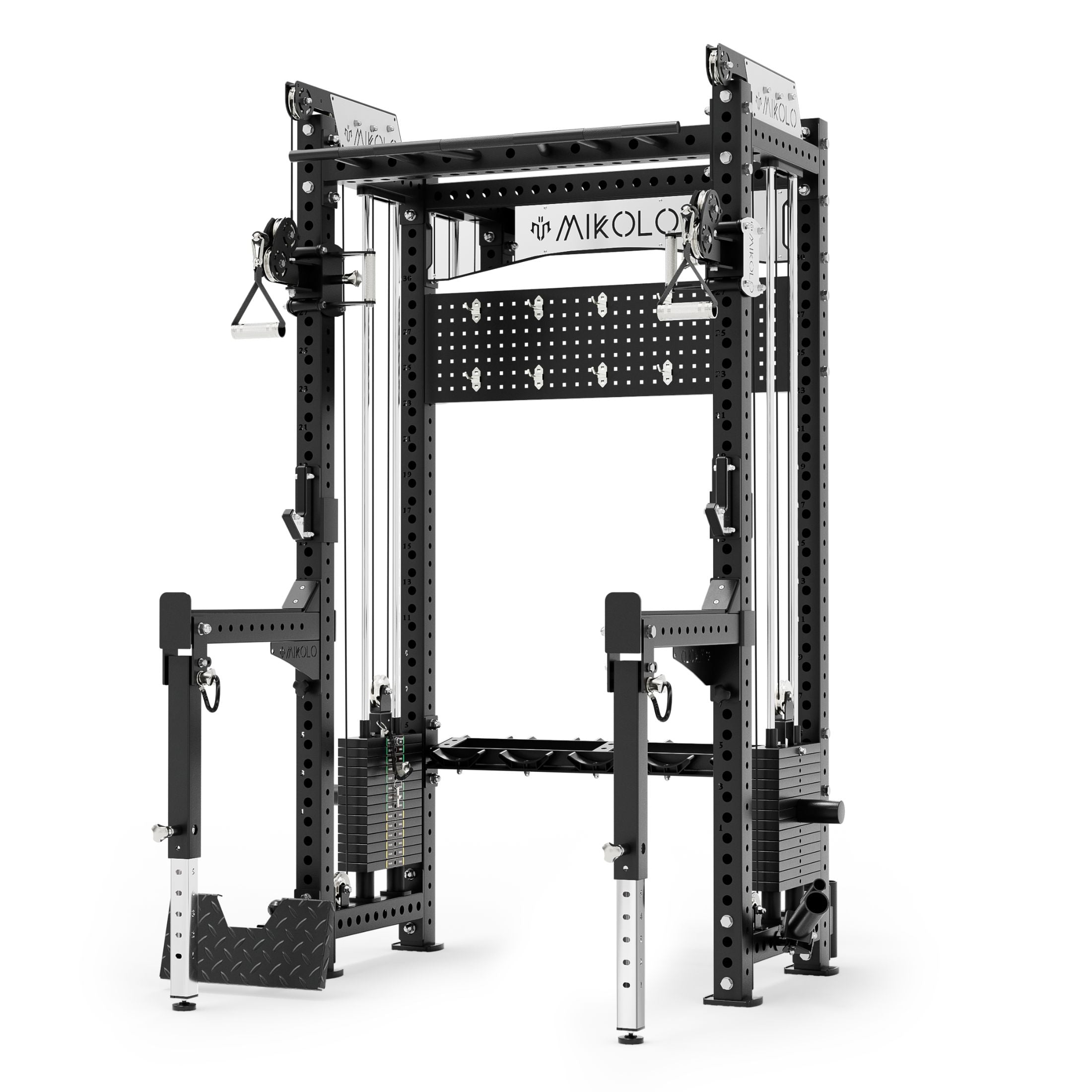

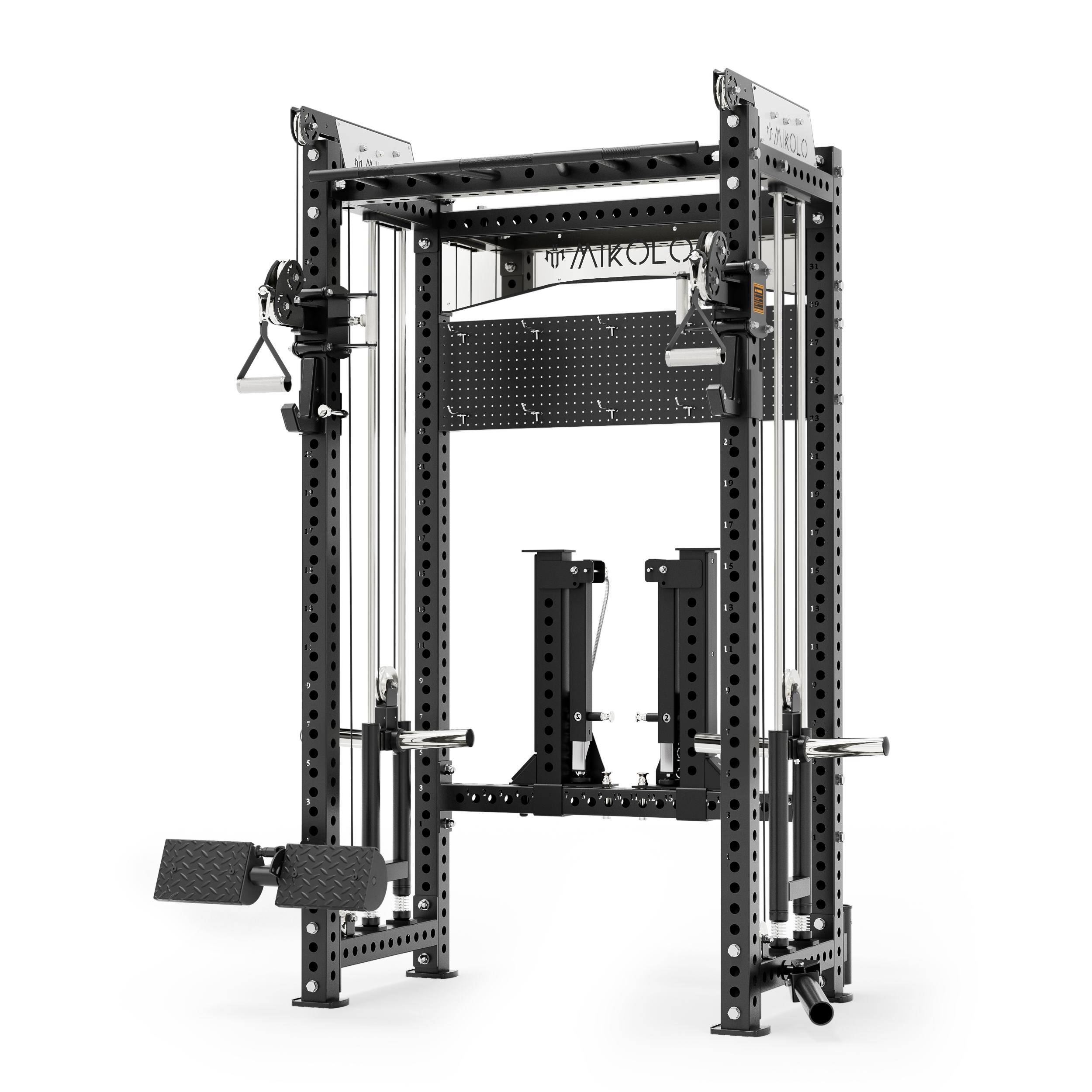


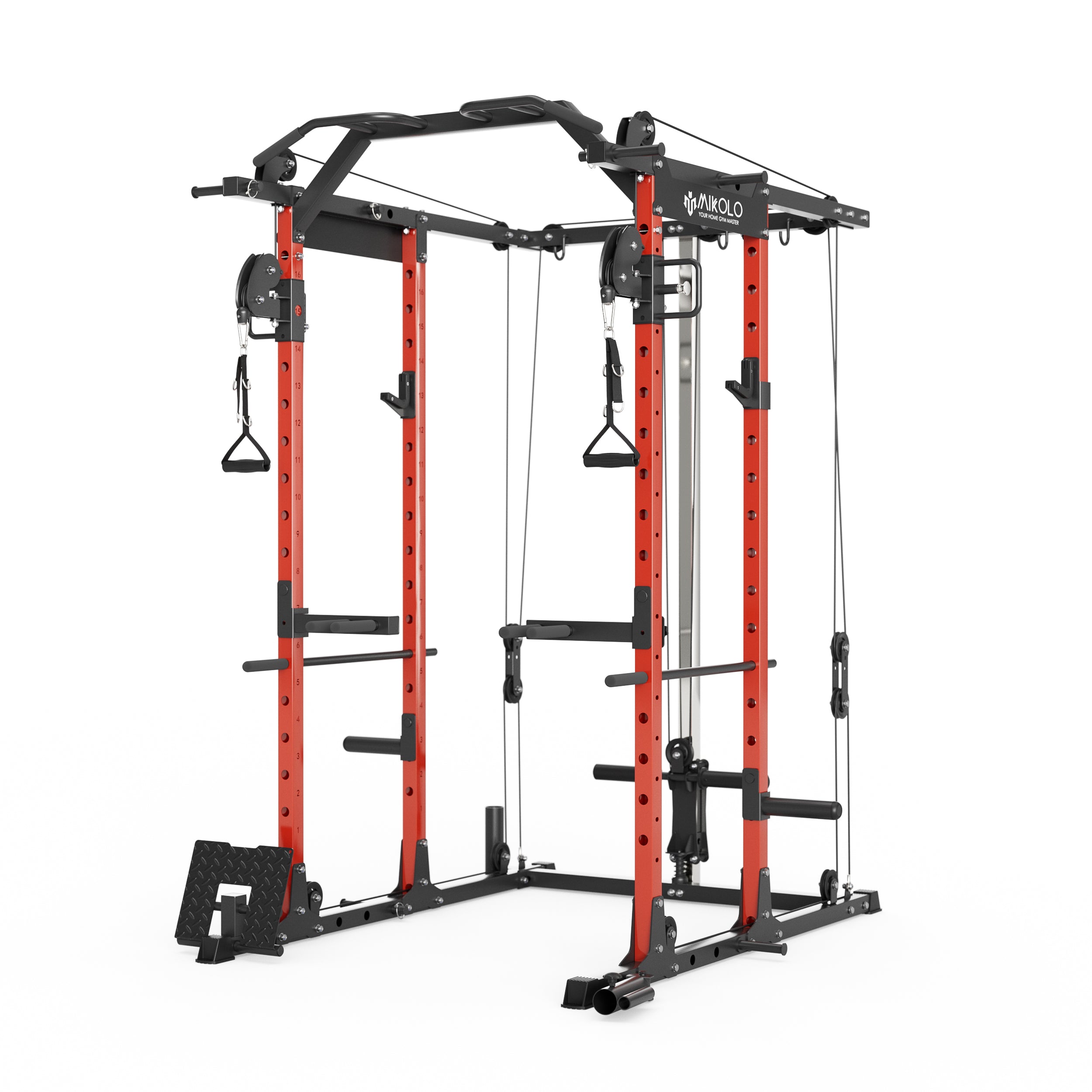
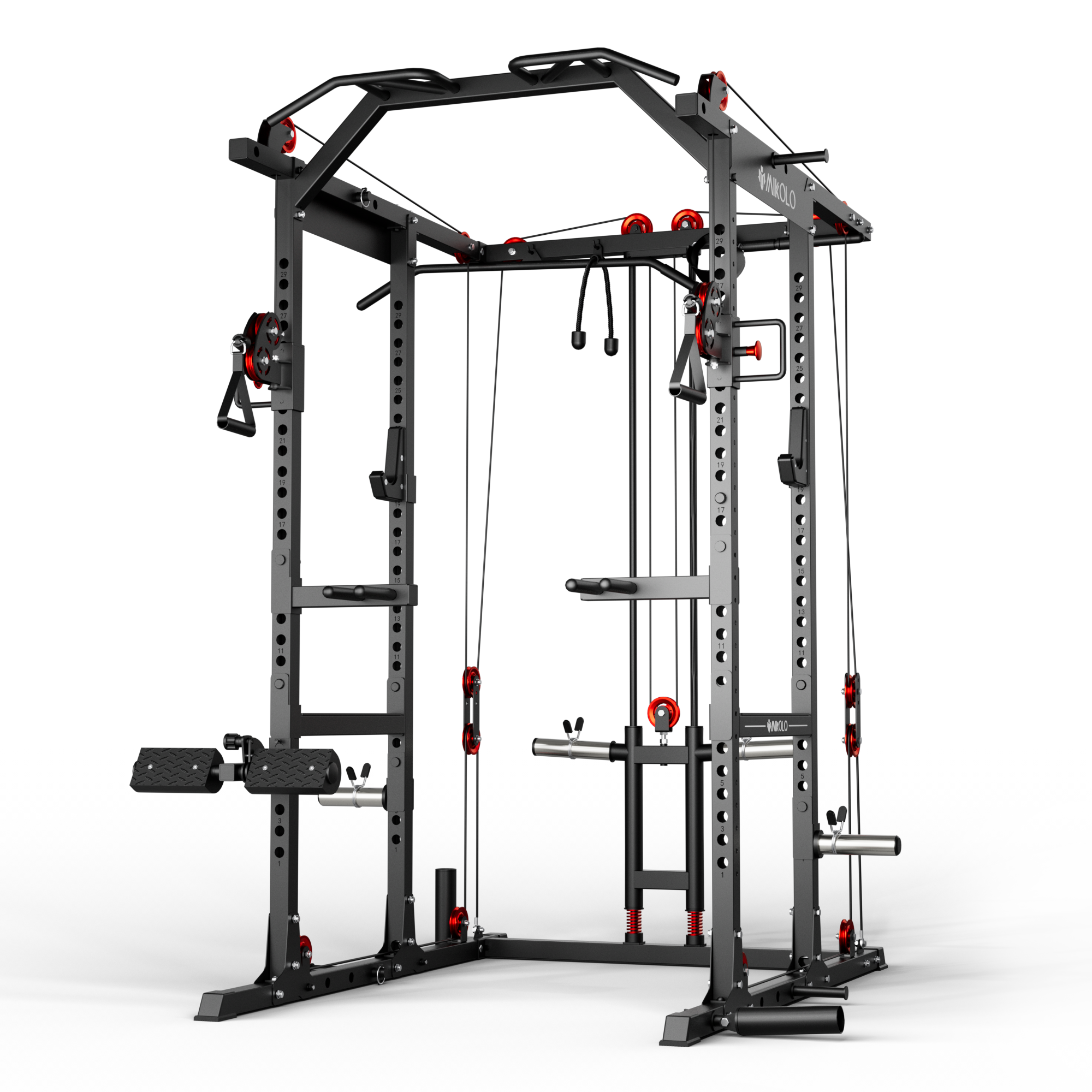

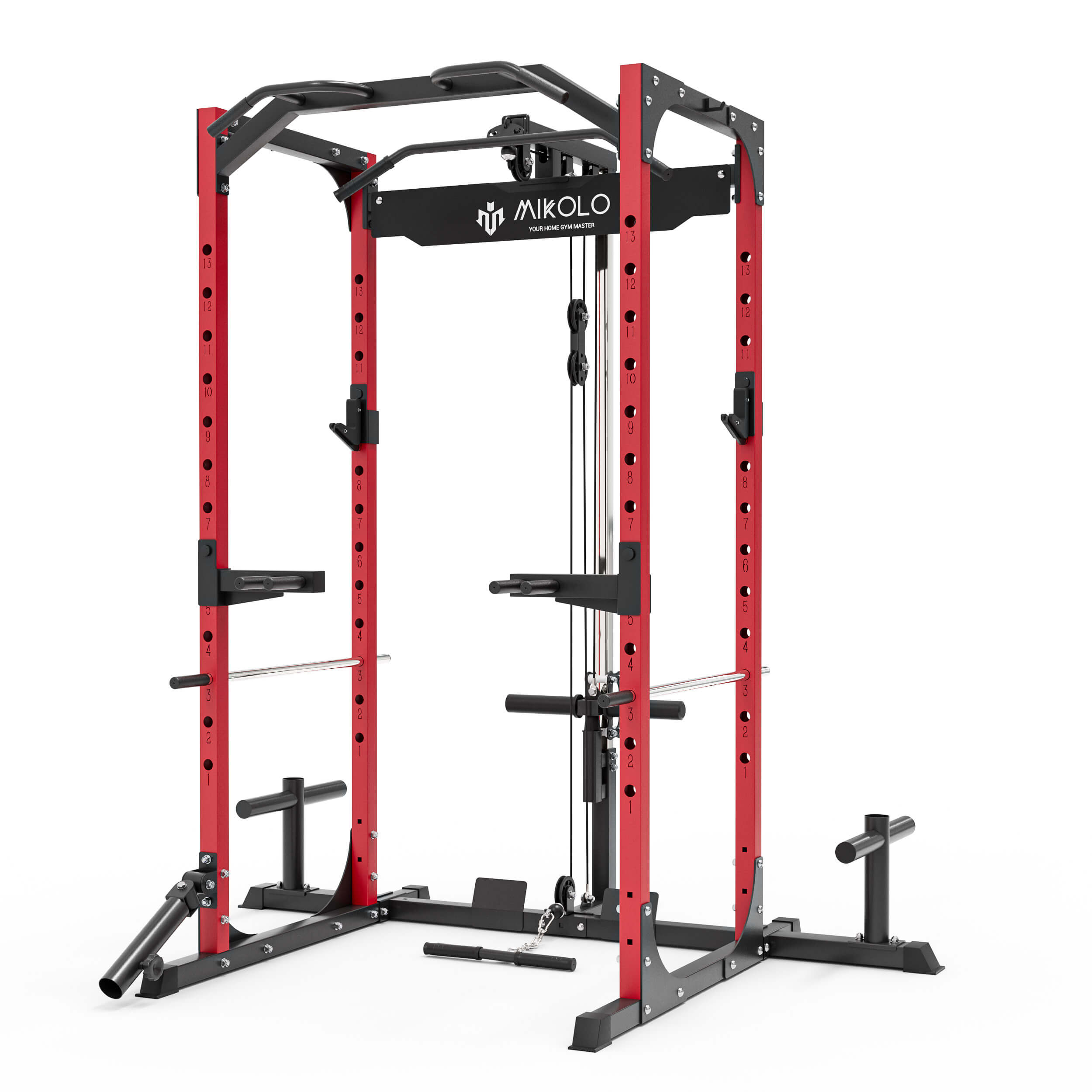
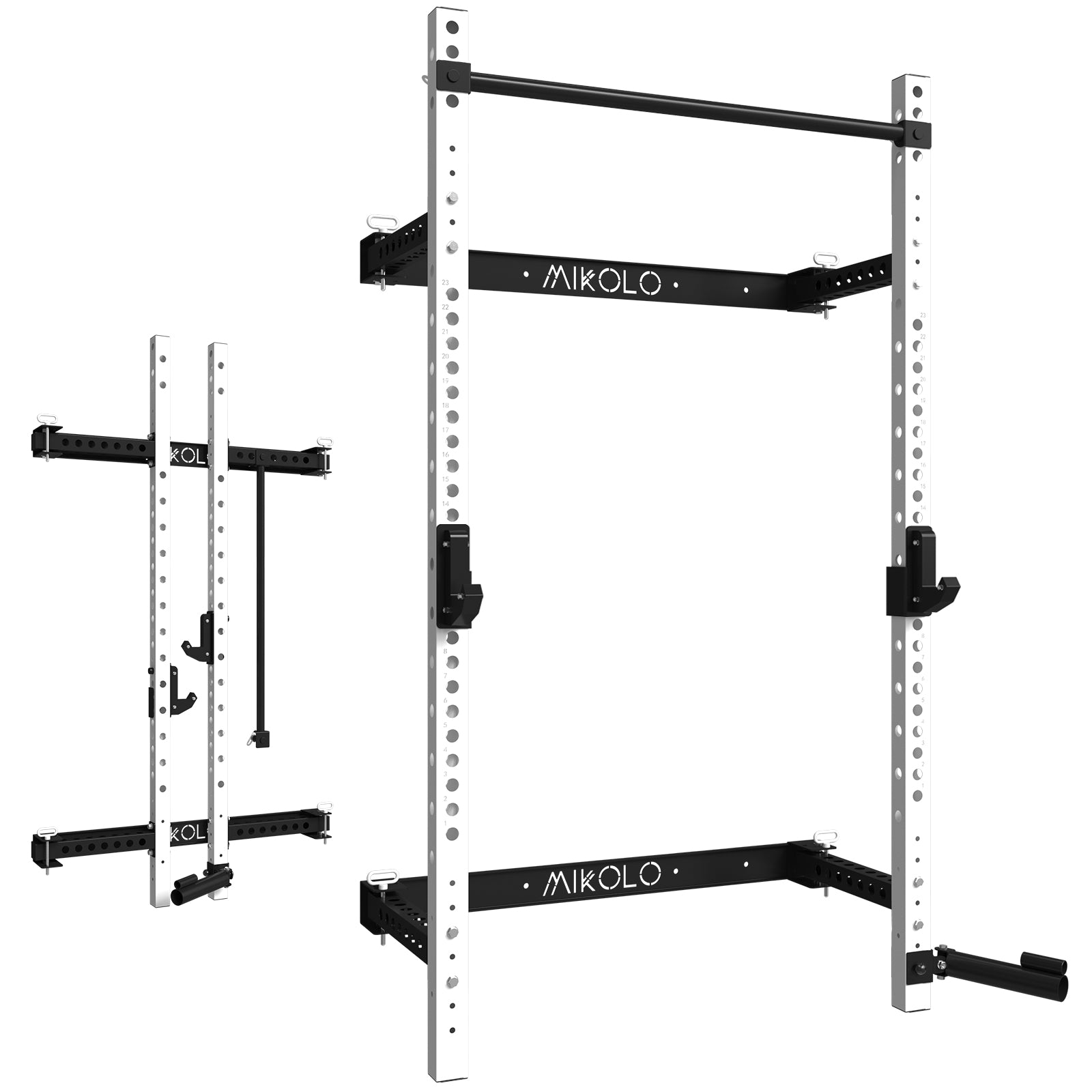


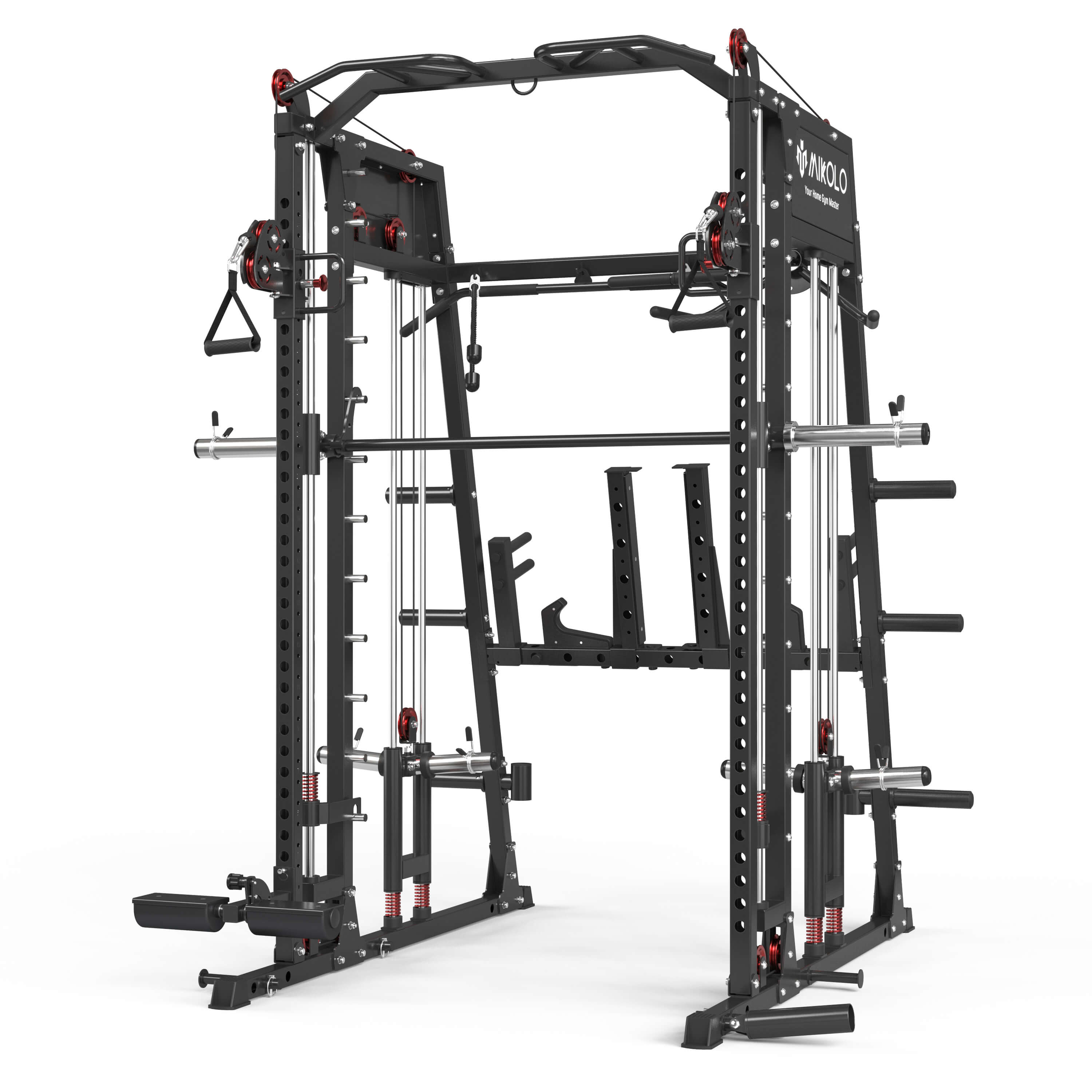

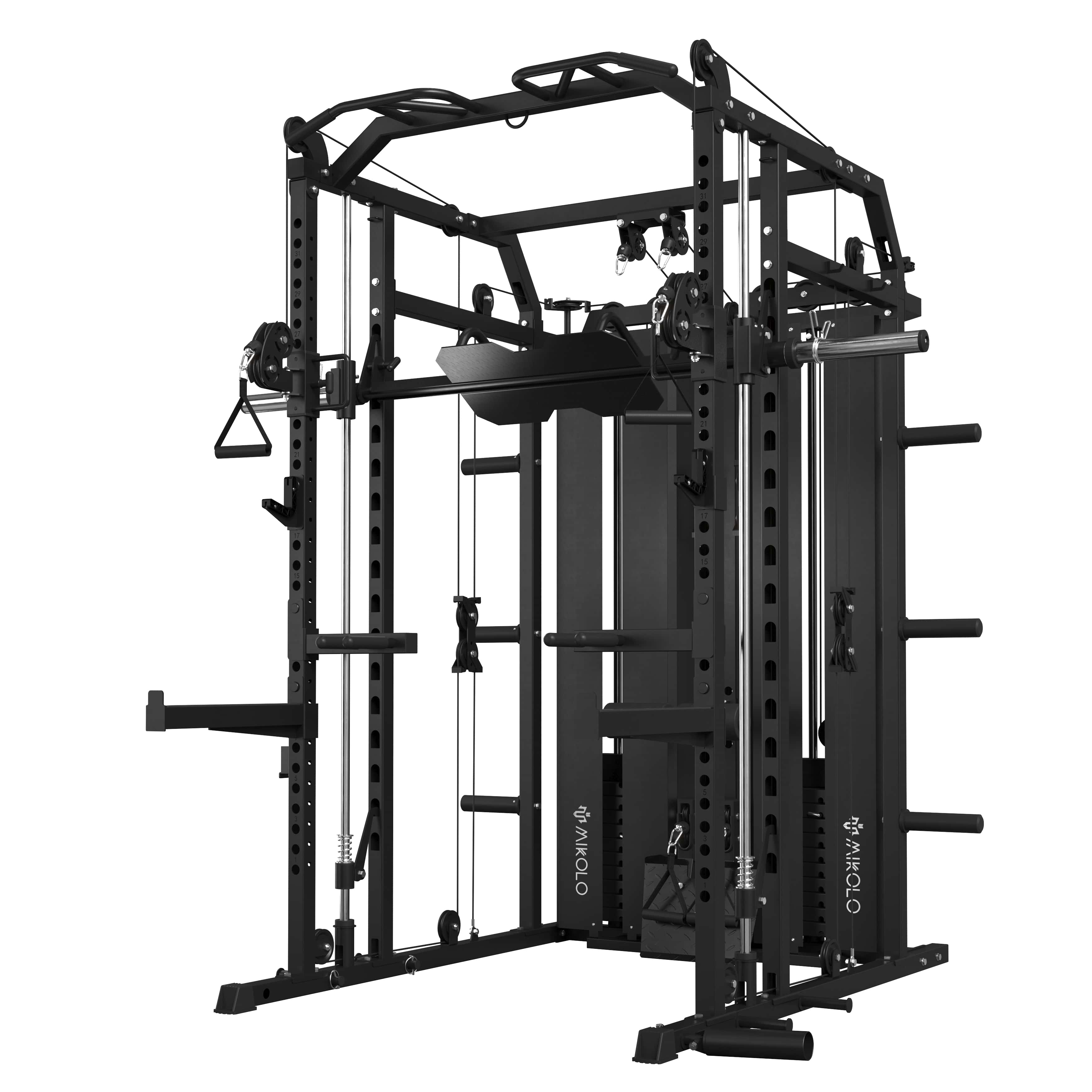
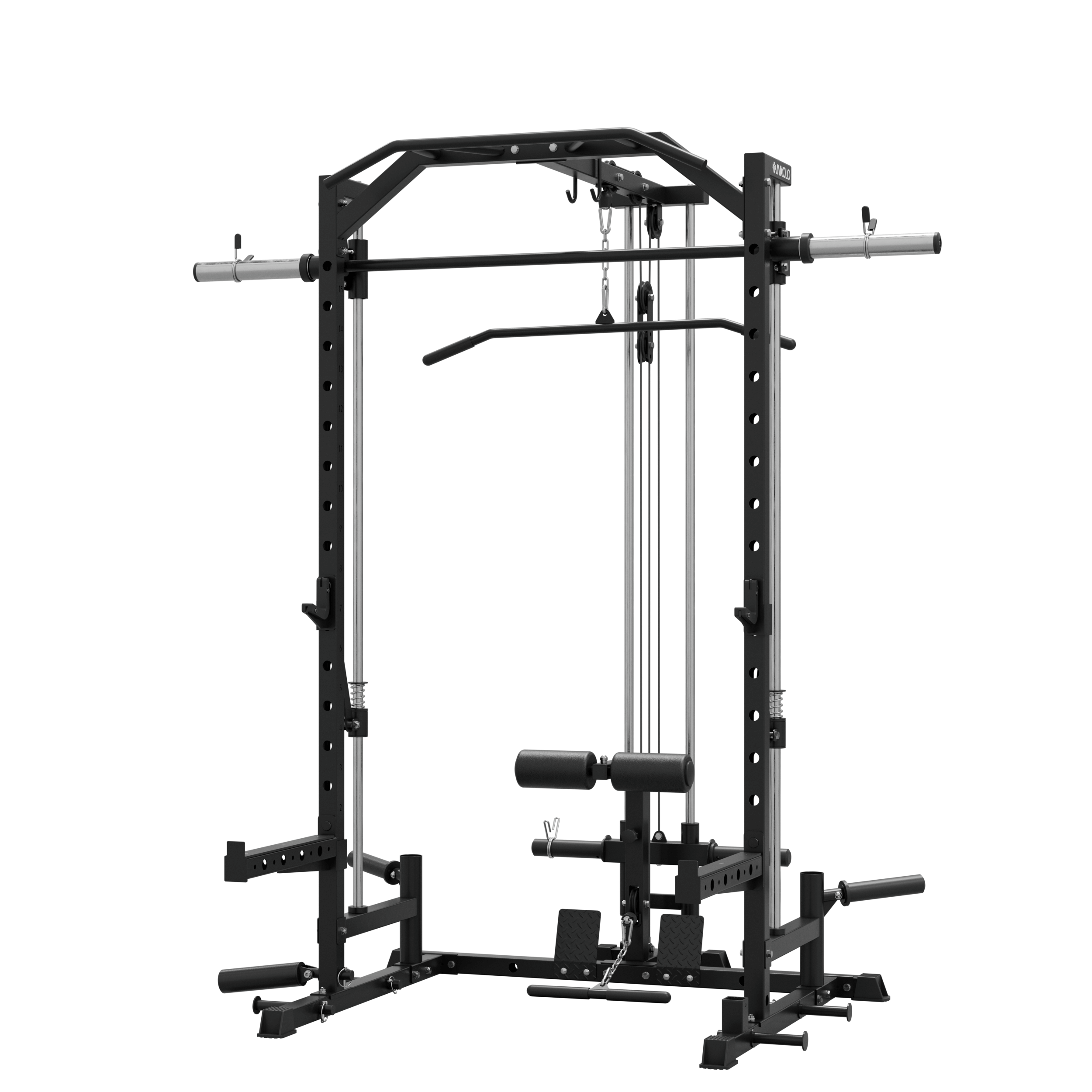
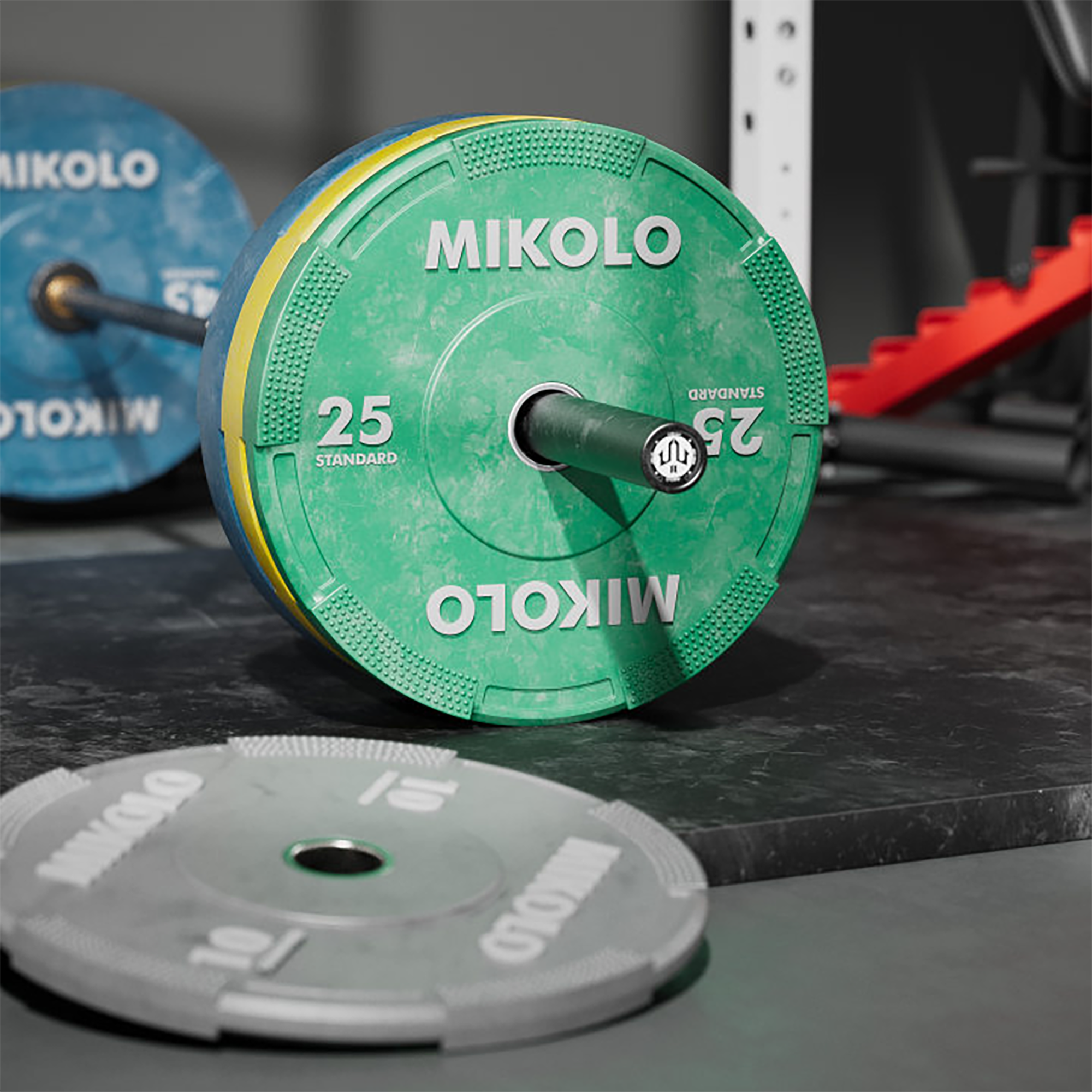






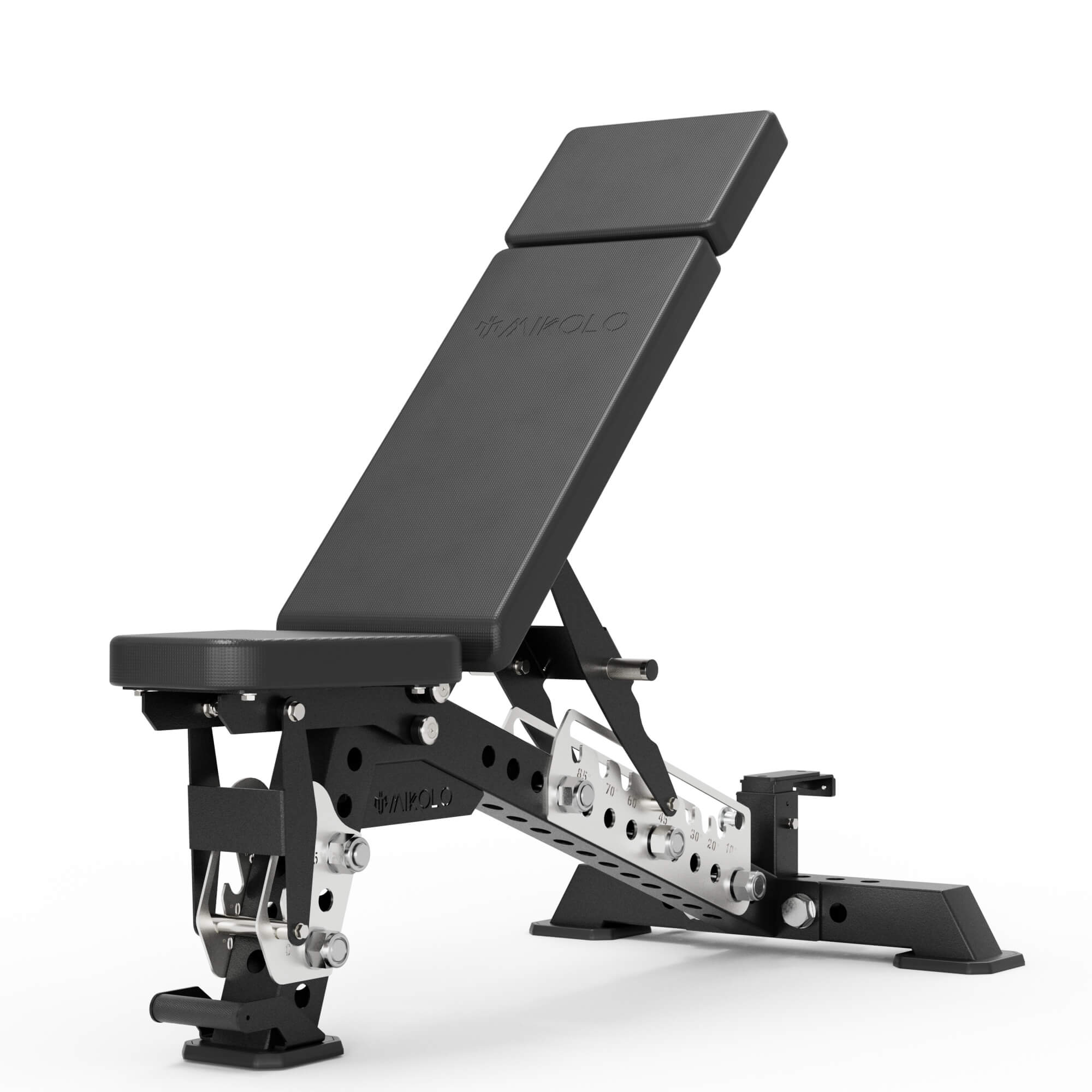
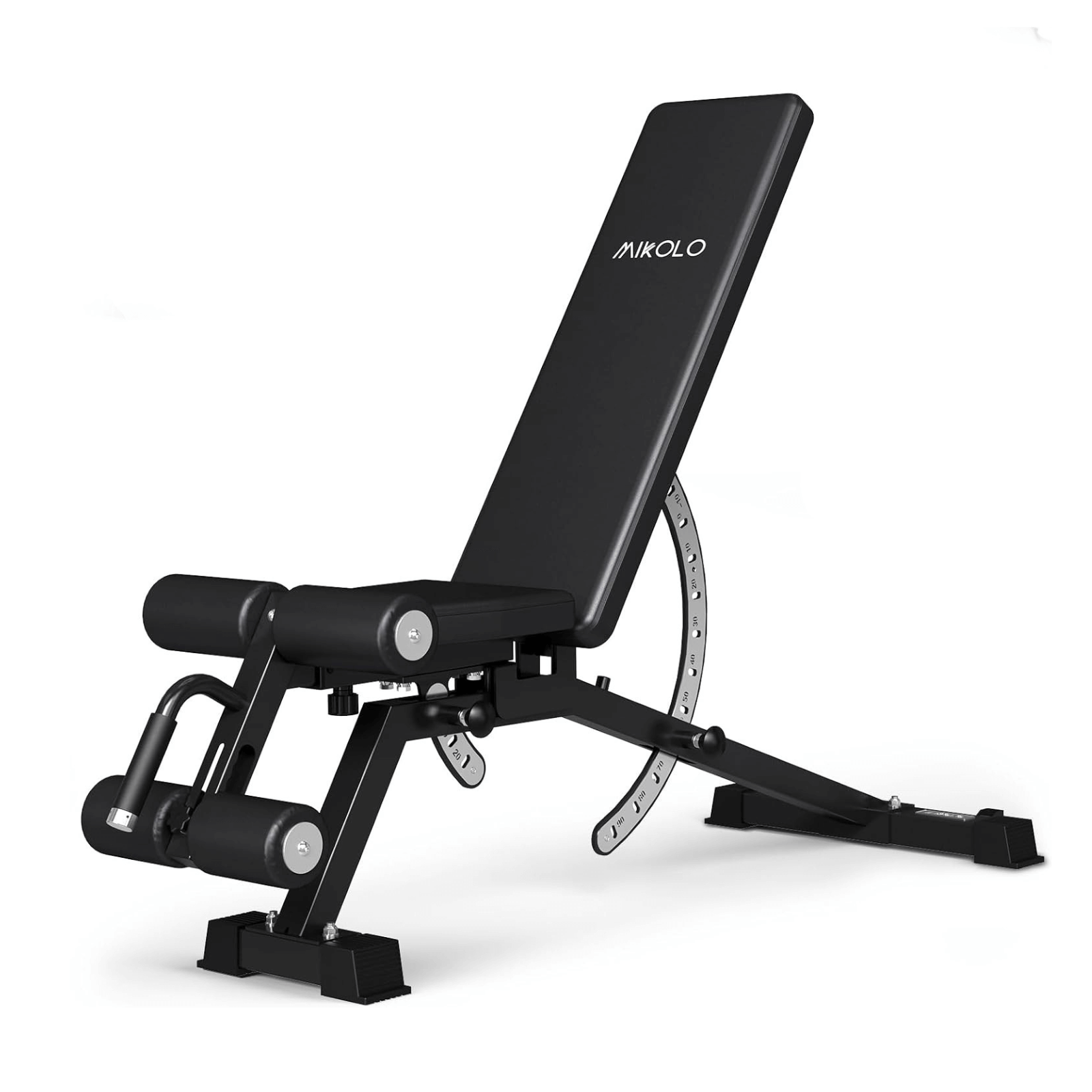






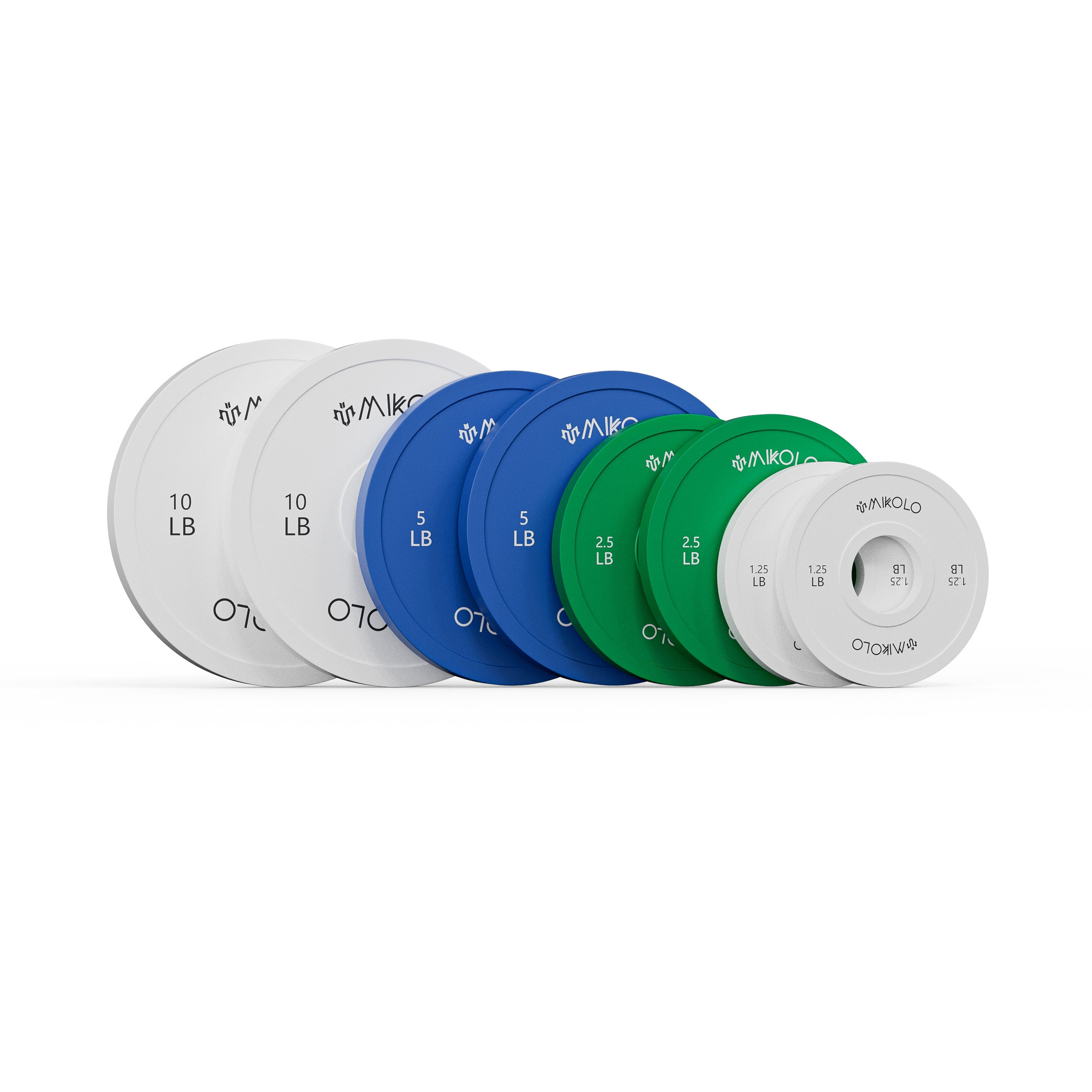









Leave a comment
This site is protected by hCaptcha and the hCaptcha Privacy Policy and Terms of Service apply.